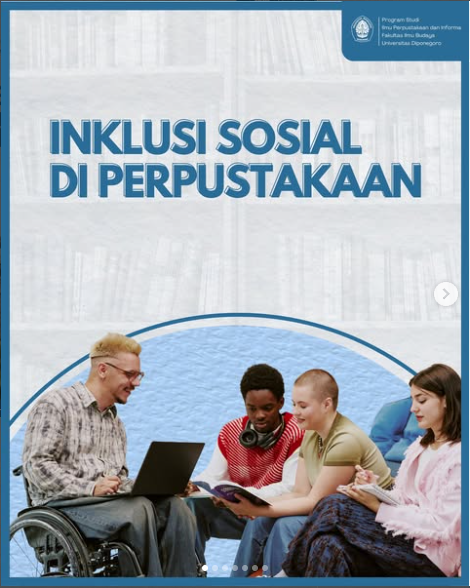Semarang (07/23) The Visiting Professor organized by the Library Science Study Program, Faculty of Humanities, Undip, presented Prof. Dr. Ludo R Waltman from Leiden University as the guest speaker this time. He is a professor of Quantitative Science Studies at CWTS who is also Deputy Director of CWTS, coordinator of CWTS Leiden Ranking, developer of the VOSviewer software for scientific visualization, and Editor-in-Chief of Quantitative Science Studies.
In this session, Prof. Ludo talks a lot about the open-access movement, which allows us to practice science more openly and transparently in all matters. Where this open-access movement is far more than just open access to scientific publications but also about research data which is now more open. To be accessible, research software is open source for everyone, and engaging with community actors in research to make participation in the scientific process more open.
Professor Ludo also discussed two topics related to Bibliometrics in the open science era: “Open scholarly publishing.” He discussed how current scientific publications are becoming more open thanks to the “Open Access” movement supported by UNESCO and how it also influences how we study bibliometrics. “Open publication metadata” or open publication metadata, in this topic, he said that Scientific publications and metadata are things that underlie Bibliometric practice, that the data itself must be more open in line with broader developments towards open science.




